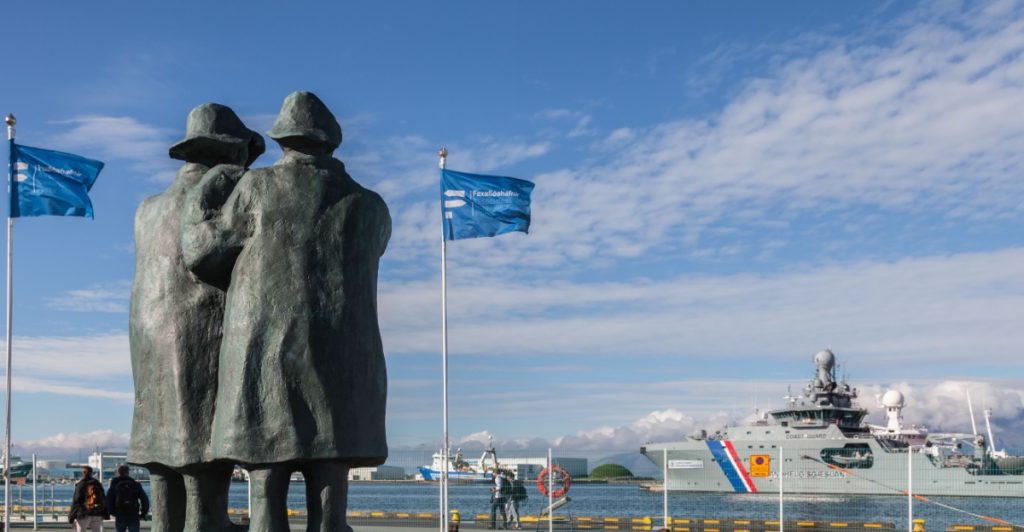NATO’s Only Army-Free Member Reconsiders Defense.
Others are reading now
As global tensions rise, Iceland—the only NATO country without a standing army—is quietly expanding its defense efforts, especially in the Arctic region.
Rethinking Neutrality Amid Global Tensions
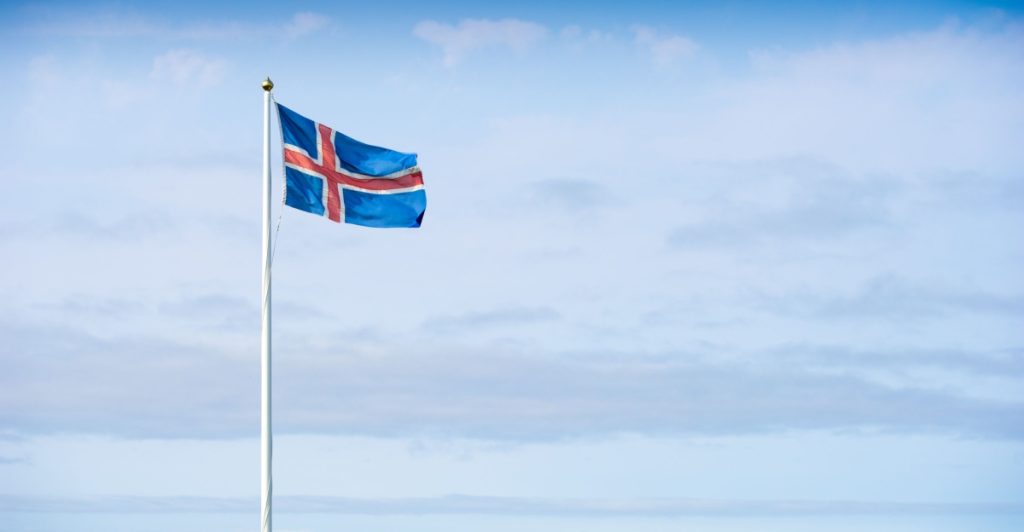
Long committed to military neutrality, Iceland is now shifting its stance due to rising concerns about Russian submarine activity and shifting U.S.-Europe relations.
Choosing a Different Path from Nordic Neighbors
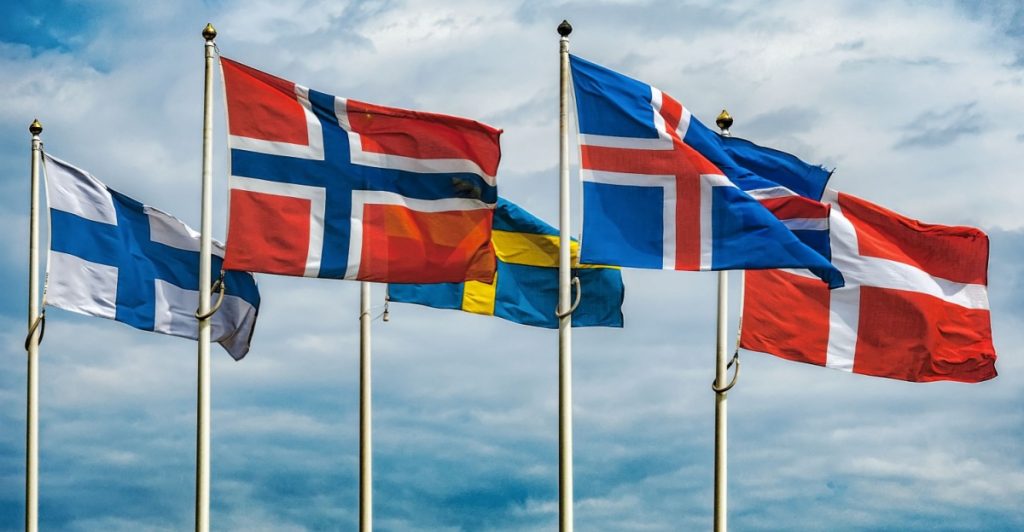
While Nordic countries like Sweden, Finland, Norway, and Denmark build independent defense strategies, Iceland continues to rely on NATO and powerful allies.
No Army, But a Founding NATO Member
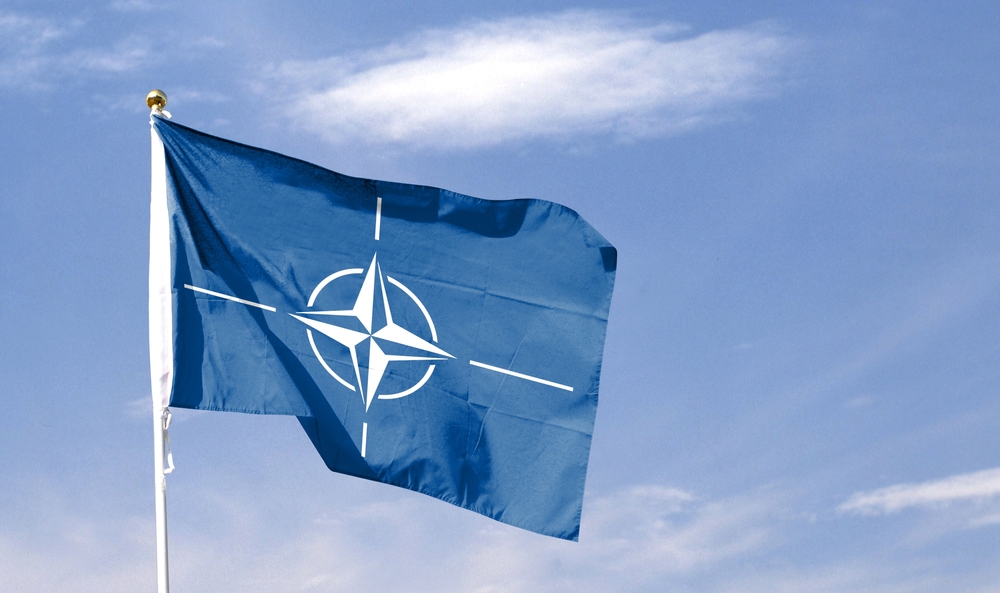
Iceland helped establish NATO in 1949 but has never had an army. It also remains outside the EU, though closely aligned with Europe through trade and security ties.
Also read
A Strategic Location in the North Atlantic
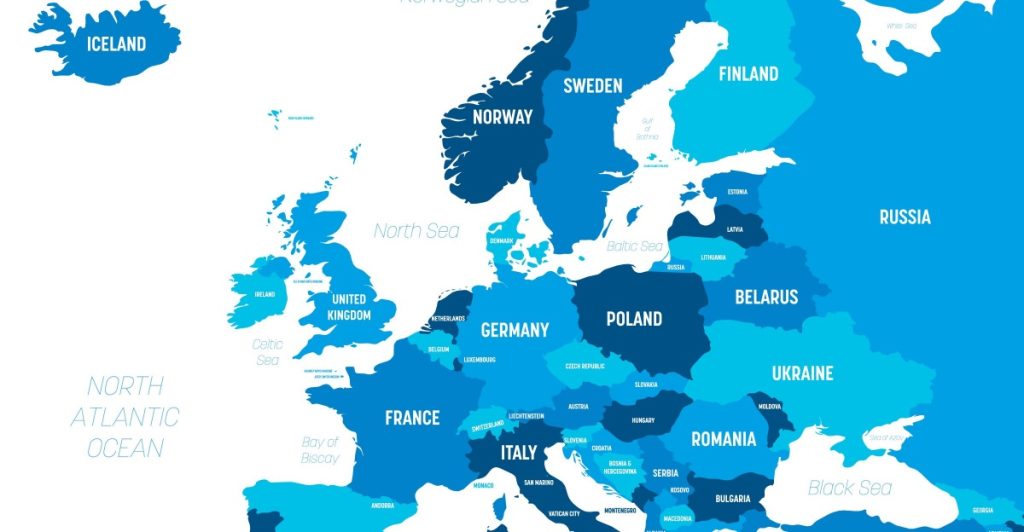
Iceland sits between Greenland and Norway—an ideal location to monitor Russian submarines moving from the Arctic into the Atlantic.
The Return of Keflavik Air Base
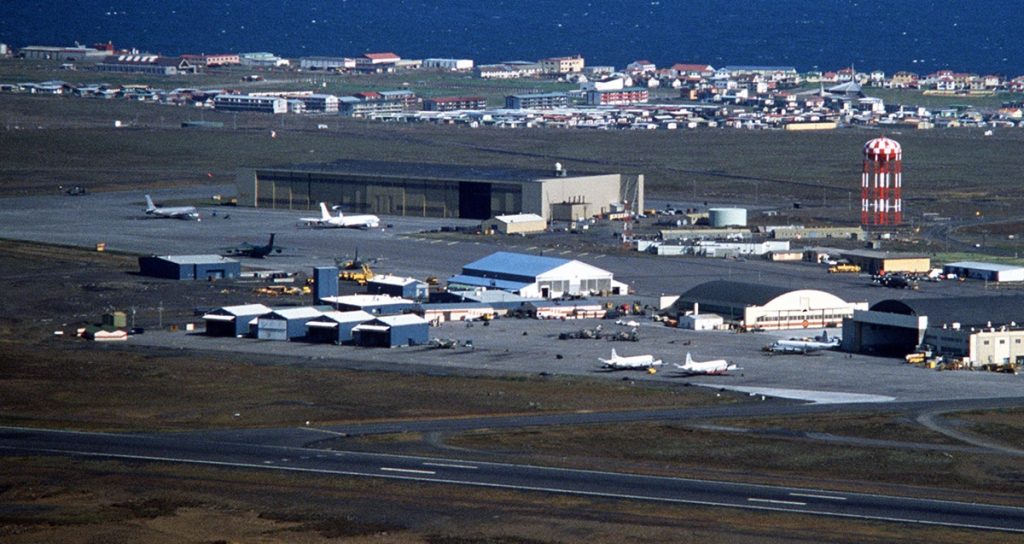
NATO maintained a Cold War-era base near Reykjavik until 2006. After a lull, the U.S. reopened the base in 2014, and NATO patrols have resumed.
Submarines Can’t Hide in Icelandic Waters
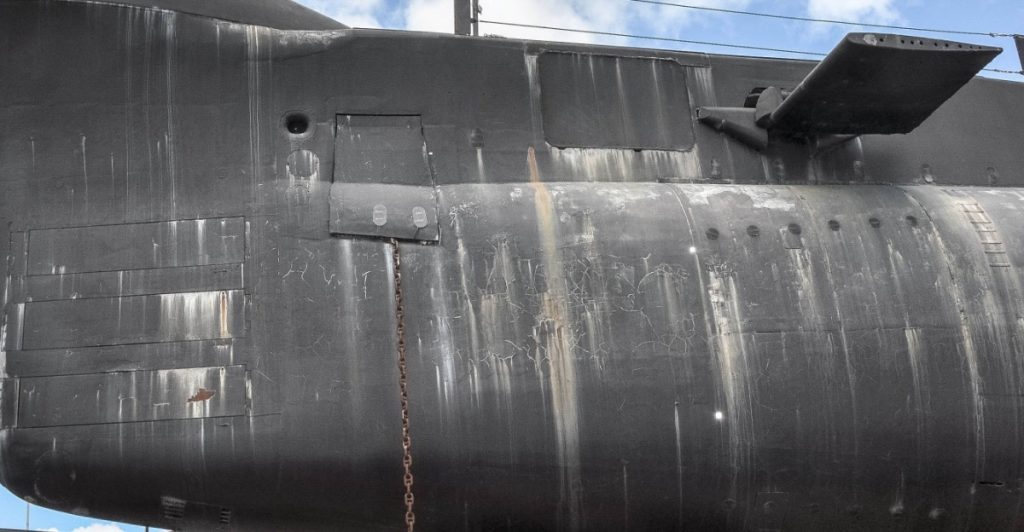
Due to ocean floor topography, submarines passing through Icelandic waters must rise closer to the surface—making them easier to detect and track.
EU Membership Back on the Table?

Iceland paused EU membership talks in 2013, but Prime Minister Kristrun Frostadottir now says a national vote could happen by 2027.
No Army, But a Growing Defense Role

“There has never been public support in Iceland for an army,” said Frostadottir. “That doesn’t mean we can’t have an active defense and strong alliances.”
Iceland’s Coast Guard Takes the Lead
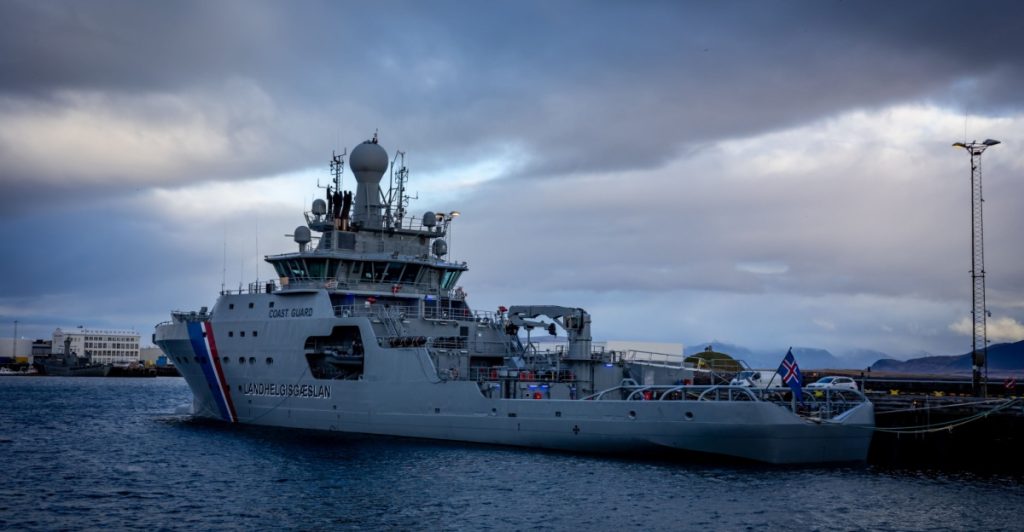
Iceland’s Coast Guard now oversees national defense—managing airspace, maintaining the Keflavik base, and handling military cooperation with NATO.

